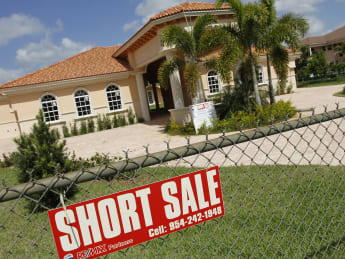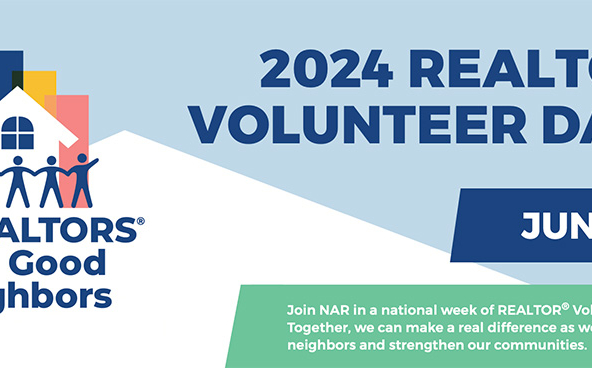Everyone’s heard the long and horrendous stories of going through a short sale. Is it really that bad? It doesn’t have to be! Especially is you seek the expertise of a real estate agent with experience in short sales. Our very own Maria Roller has closed OVER 200 short sale transactions. Check out this article below for a brief explanation of WHY short sales often take a long time to close, and how an experienced agent can help. If you ever find that YOU are in this position, we’re here to help!
Short Sales: Why They Can Take So Long

When buyers hear the term “short sale,” they typically think about distressed sellers and good deals — especially in markets where prices have ticked upwards. But the word “sale” can be misleading. In fact, many real estate agents have renamed “short sales” as “long-and-drawn-out sales.” Here’s why short sales often take a long time to complete.
Banks and Bureaucracy: In a short sale, you need the seller’s bank to approve before you can close. Banks require dozens of pages of paperwork to evaluate whether or not to approve a short sale. Since the seller is asking the bank to accept a sale price that’s less than the mortgage amount, the bank needs to verify that a short sale is the right thing to do. Banks want to make sure the seller is indeed unable to stay in the home and can’t afford to pay off the difference between the market value and the bank’s loan amount.
Just as a bank scrutinizes a buyer’s finances in order to approve their loan, the financial institution wants to closely examine the seller’s finances to be sure that it is not giving its money away. With many thousands of dollars at stake, banks don’t want to rush through this process. By comparison, when you’re buying from a person, he or she is more motivated to keep things moving.
Paperwork Gets Lost in the Process: Banks require many documents, disclosures and signatures to complete a short sale. Many times they request that they are faxed in. If just one signature or page is missing from a file, the bank will likely hold off on the process until the file is complete. Given that these banks are losing money on short sales, they don’t allocate the same amount of resources they would to the customer service department for paying (and profitable) customers. With limited staff and so much paperwork, things get lost — and then the short sale process drags on.
Two Lenders = Double the Time: Many times a short sale seller has two loans. The larger loan is being shorted while the second, smaller loan — usually a home equity line of credit — is being completely wiped out. Often, these loans are with two separate banks. Each bank has its own system that doesn’t in any way communicate with the other bank’s system. The second bank may approve the short sale but put on a 30-day expiration. If the first bank’s approval comes at day 31, the seller must go back to the second bank and start over. As you can see, this too can drag out the short sale.
How to Expedite a Short Sale: Is it possible to work the system and speed up short sales? Absolutely.
If you’re selling a home as a short sale, don’t use an agent who doesn’t not have short sale experience. There are so many areas where short sales can get tripped up, so look for an experienced agent who knows how to push through the process. If you’re a buyer and you found a short sale home you love, determine if the agent is an expert in short sales. If the agent doesn’t have much (or any) short sale experience, expect a long, rocky road.
Short sales are a different animal from traditional home sales — from how they’re priced, how they’re marketed and the lengthy sales timeframe. A savvy short sale agent will know exactly what they’re dealing with and what to expect, and can shorten the process immensely.




